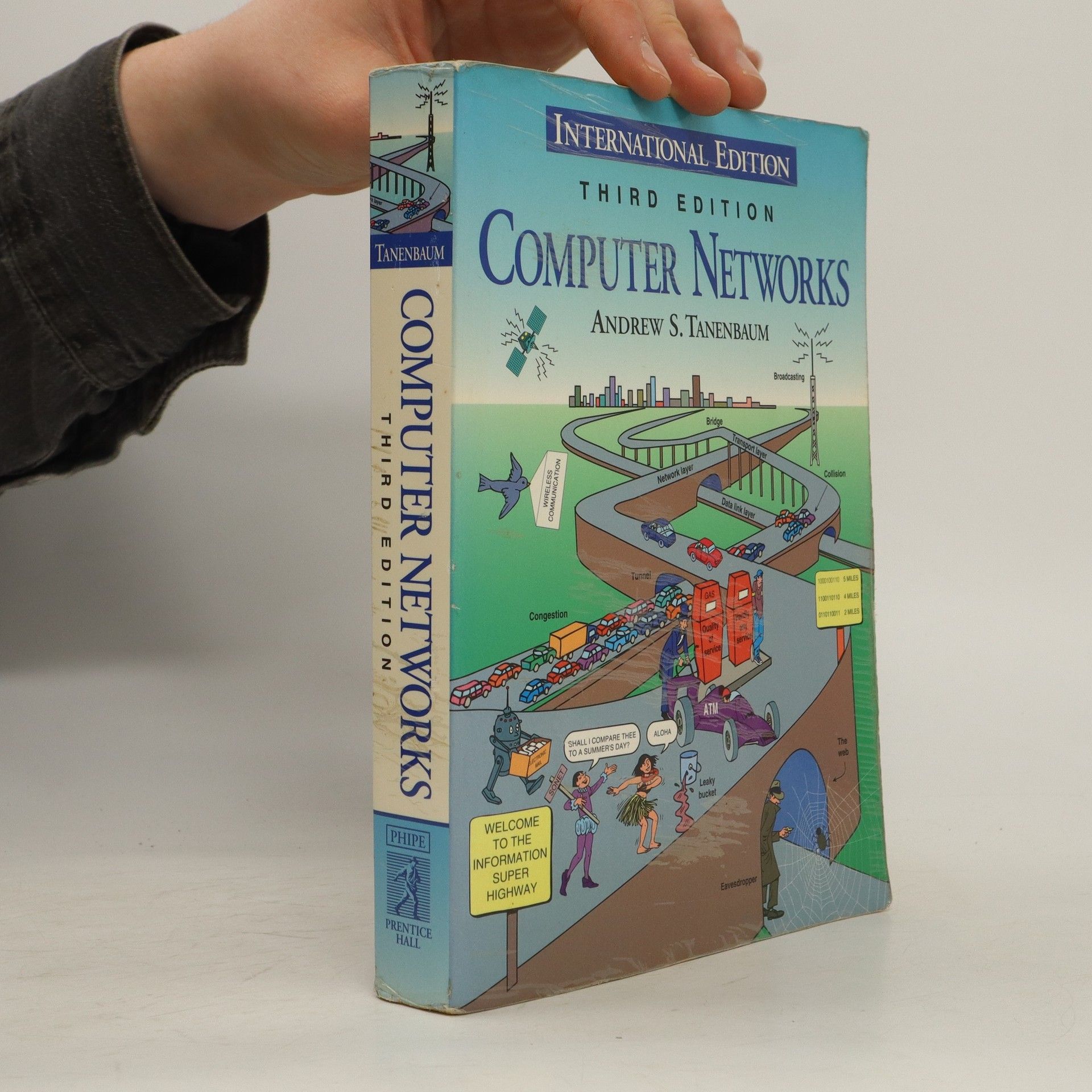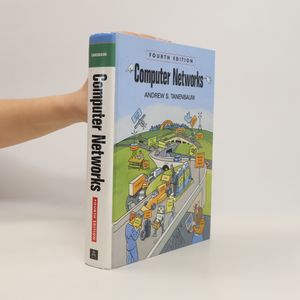Mehr zum Buch
Computer Networks is the ideal introduction to todays and tomorrows networks. This classic best-seller has been totally rewritten to reflect the networks of the late 1990s and beyond. Author, educator, and researcher Andrew S. Tanenbaum, winner of the ACM Karl V. Karlstrom Outstanding Educator Award, carefully explains how networks work inside, from the hardware technology up through the most popular network applications. The book takes a structured approach to networking, starting at the bottom (the physical layer) and gradually working up to the top (the application layer). The topics covered include: *Physical layer (e.g., copper, fiber, radio, and satellite communication) *Data link layer (e.g., protocol principles, HDLC, SLIP, and PPP) *MAC Sublayer (e.g., IEEE 802 LANs, bridges, new high-speed LANs) *Network layer (e.g., routing, congestion control, internetworking, IPv6) *Transport layer (e.g., transport protocol principles, TCP, network performance) *Application layer (e.g., cryptography, email, news, the Web, Java, multimedia) In each chapter, the necessary principles are described in detail, followed by extensive examples taken from the Internet, ATM networks, and wireles
Buchkauf
Computer Networks, Andrew S. Tanenbaum
- Sprache
- Erscheinungsdatum
- 1996
- product-detail.submit-box.info.binding
- (Paperback)
Lieferung
- Gratis Versand ab 9,99 € in ganz Deutschland!
Zahlungsmethoden
Hier könnte deine Bewertung stehen.











